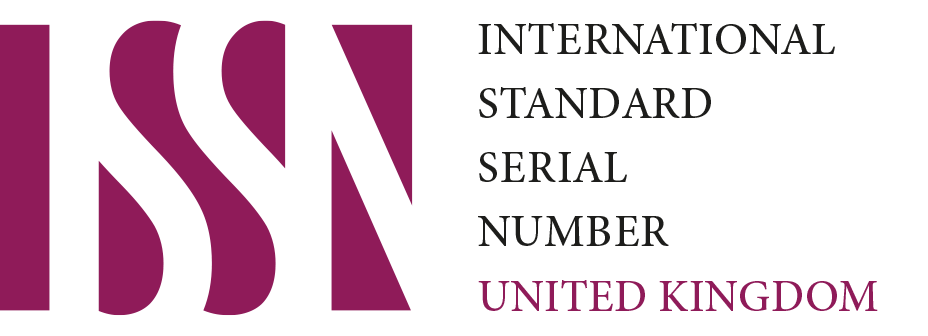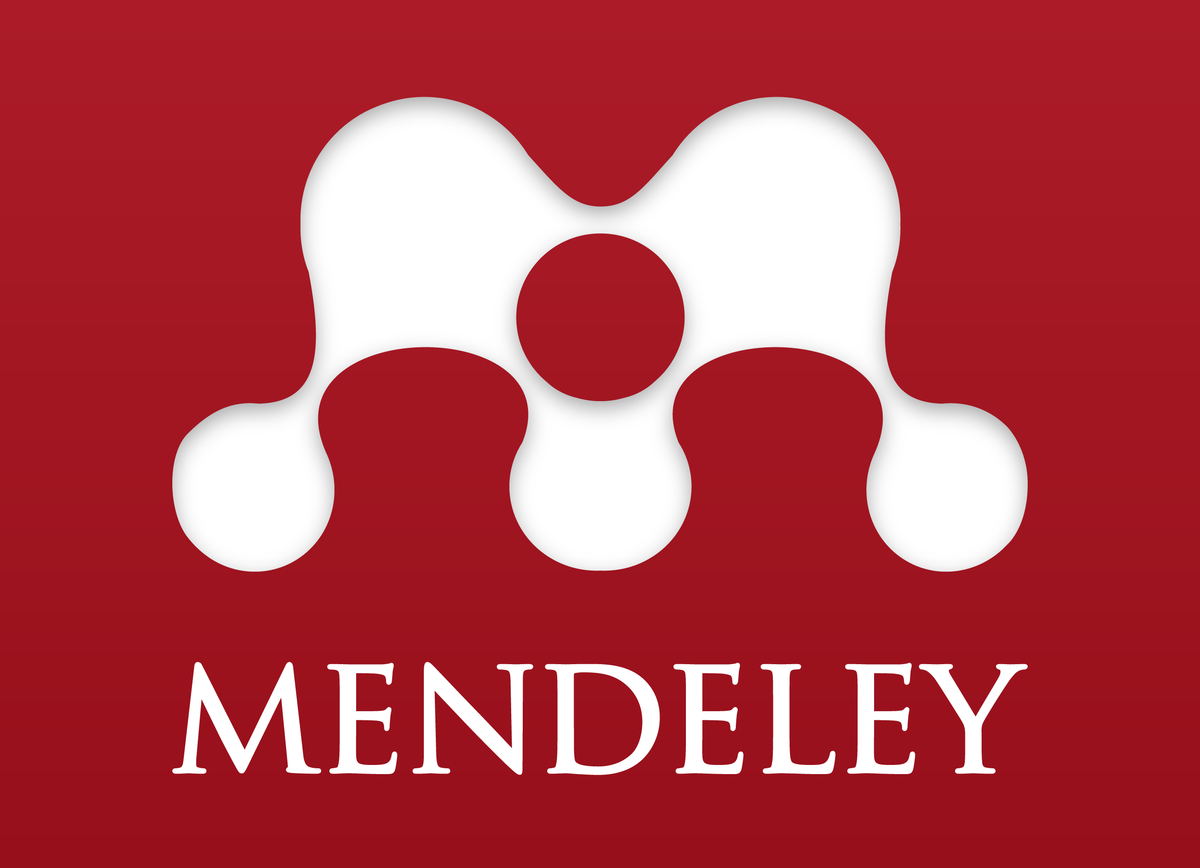Corporate' Crisis Management Strategies in Achieving Sustainability: A Reflective Study during Pandemic Era
Keywords:
Crisis, Management, Sustainability, Resilience, AdaptabilityAbstract
The pandemic era brought unprecedented challenges to global businesses, testing their resilience and adaptability in ways never before encountered. This paper investigates how corporate crisis management strategies have evolved to address these challenges while maintaining a commitment to sustainability. The study explores the interplay between effective crisis responses and sustainable practices, focusing on their role in ensuring organisational resilience, stakeholder trust, and long-term value creation. Using in-depth literature review of qualitative methods, this research synthesises reflective studies and corporates approach to identify key crisis management strategies employed during the pandemic. It examines how businesses navigated disruptions in supply chains, workforce management, and market demands, highlighting the integration of sustainable practices into their responses. Key questions addressed include: How do crisis management strategies contribute to achieving sustainability goals? What lessons can businesses adopt to enhance their preparedness for future disruptions? Findings reveal that corporations prioritising sustainability in their crisis responses demonstrated greater adaptability and stakeholder engagement, fostering a competitive advantage during and after the crisis. The analysis underscores the importance of embedding sustainability into crisis management frameworks, advocating for policies that balance immediate recovery needs with long-term environmental and social goals. Recommendations include enhancing organisational agility, fostering transparent communication, and leveraging innovative technologies to strengthen resilience. This research contributes to a broader understanding of how corporates can navigate crises effectively while advancing sustainability, offering actionable insights for industry leaders, policymakers, and scholars.










